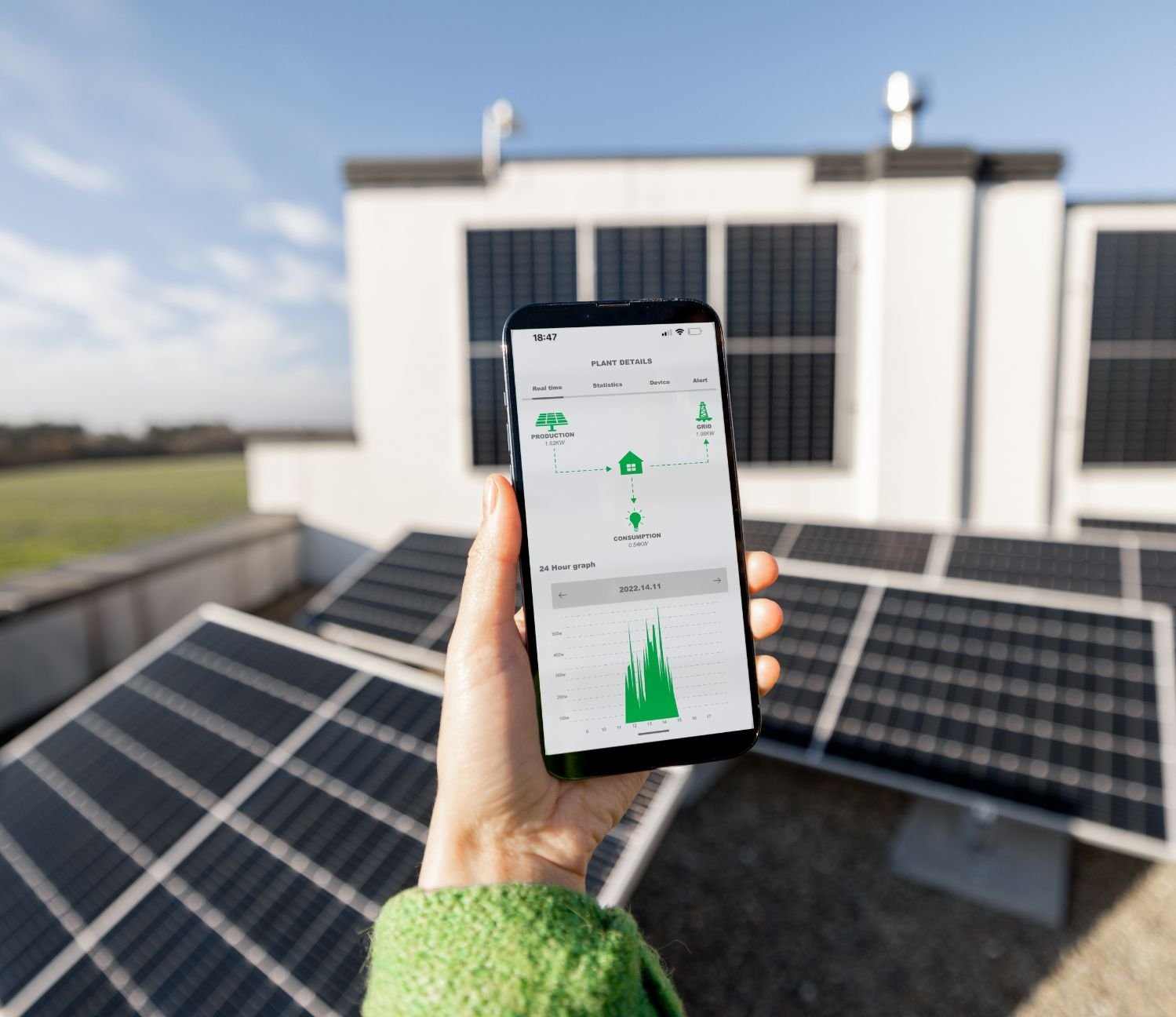Solar energy technology has evolved dramatically over the years, making it one of the most efficient, reliable, and sustainable energy sources today. Modern advancements allow solar technology to provide benefits in all aspects – environmentally, financially, and even in terms of energy independence.
1. Solar Panels:
Photovoltaic (PV) solar panels are at the heart of solar technology. These panels convert sunlight directly into electricity using semiconductor materials, usually silicon. With innovations in design, today’s panels are more efficient, durable, and cost-effective than ever before, making them accessible to a wider audience.
2. Solar Inverters:
Inverters play a crucial role by converting the direct current (DC) electricity produced by solar panels into alternating current (AC), which is used by most home appliances. Today’s inverters are smarter, featuring monitoring systems that allow homeowners to track energy production in real-time, maximizing efficiency.
3. Energy Storage Solutions:
One of the most exciting developments in solar technology is the ability to store excess energy. Solar batteries allow users to save the electricity generated during the day for use at night or during cloudy periods. This makes solar a reliable, 24/7 energy source and increases the self-sufficiency of homes and businesses.
4. Integration with Smart Grids:
Solar systems are becoming more integrated with smart grid technology. This means homes with solar panels can communicate with the electricity grid, optimizing energy use based on peak times, and even selling excess power back to the grid. This two-way energy flow makes solar a valuable component of modern energy infrastructure.
5. Durability and Lifespan:
The latest solar panels are designed to withstand harsh weather conditions, including high winds, hail, and heavy snow. With a lifespan of 25-30 years or more, they offer long-term benefits with minimal maintenance, making solar one of the most sustainable energy technologies available.
Blog Post 3: How Solar Energy Benefits the Environment
Solar energy is a powerful tool in the fight against climate change and environmental degradation. Here’s how switching to solar can have a lasting impact on the planet:
1. Reducing Greenhouse Gas Emissions:
Solar power generates clean energy, meaning it doesn’t produce harmful pollutants like carbon dioxide, which contribute to global warming. By reducing our reliance on fossil fuels, we can slow the acceleration of climate change.
2. Decreasing Air Pollution:
Traditional energy sources like coal and natural gas release harmful chemicals into the air, causing health issues and degrading air quality. Solar energy is a clean alternative that helps reduce air pollution, leading to healthier communities and ecosystems.
3. Conserving Water:
Power plants that run on fossil fuels or nuclear energy require vast amounts of water for cooling. Solar energy, on the other hand, uses no water, helping to conserve one of the planet’s most precious resources.
4. Minimizing Habitat Destruction:
Mining for fossil fuels and constructing large power plants often lead to habitat destruction and loss of biodiversity. Solar energy requires minimal land use, especially when installed on rooftops, preserving natural habitats and ecosystems.
5. Sustainable Energy for Future Generations:
Solar is an inexhaustible energy source. The sun provides more energy in one hour than the entire world uses in a year, ensuring that future generations will have access to clean, sustainable power.



